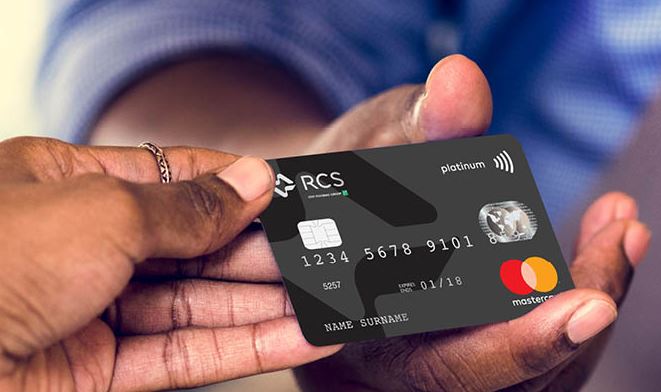Buying a car is a significant financial decision that requires careful planning. Without a solid financial strategy, it is easy to fall into unnecessary debt or make choices that strain your budget. A well-structured financial plan helps you purchase a vehicle in a way that aligns with your financial reality, ensuring a smooth and stress-free experience.
Understanding Your Budget and Needs
Before choosing a car, it is essential to evaluate your financial situation. Analyze your income, expenses, and savings to determine how much you can afford to spend without compromising other financial responsibilities. It is also crucial to define your needs.
Do you need a car for daily commuting, family trips, or work-related purposes? Your choice should reflect your lifestyle and practical requirements.
Having a clear financial goal is key to successful car ownership. Define the total amount you are willing to spend, including not only the purchase price but also additional costs such as taxes, insurance, maintenance, and fuel.
If you plan to finance the vehicle, calculate the monthly installments and ensure they fit comfortably within your budget. Ideally, your car expenses should not exceed 20% of your monthly income.
Saving for the Down Payment
A larger down payment reduces the amount you need to finance, lowering interest costs and making monthly payments more manageable.
Set up a dedicated savings plan and allocate a portion of your income each month toward your car fund. Automating savings through a separate account can help you stay consistent and disciplined.
Exploring Financing Options
If you need a loan to buy your car, research different financing options. Compare interest rates, loan terms, and total repayment amounts from banks, credit unions, and dealerships. A lower interest rate can save you thousands over the life of the loan.
Additionally, check your credit score before applying for financing, as a higher score can help you secure better terms.
The purchase price is just one part of the overall expense of owning a car. You must account for ongoing costs such as insurance, maintenance, fuel, and potential repairs.
Research the vehicle’s fuel efficiency and reliability ratings to avoid future financial burdens. Some cars have lower maintenance costs and better resale value, making them a smarter long-term investment.
Negotiating the Best Deal
Never settle for the first price you see. Whether buying from a dealership or a private seller, negotiating can help you secure a better deal. Research the market value of the car you want and be prepared to walk away if the terms are not favorable. Timing your purchase can also be advantageous, as dealerships often offer discounts at the end of the month, quarter, or year.
Once you have finalized your budget, financing, and negotiations, it is time to make the purchase. If buying a used car, always get a professional inspection to ensure there are no hidden issues. Read the contract carefully before signing and confirm all terms align with your expectations.
Maintaining Financial Stability After Purchase
Owning a car comes with ongoing financial responsibilities. Continue managing your budget wisely to cover regular expenses and unexpected repairs.
Setting aside a small emergency fund for car-related costs can prevent financial strain in the future. If you financed the car, consider making extra payments when possible to reduce interest expenses and pay off the loan sooner.
Financial planning transforms car buying from a stressful expense into a well-managed investment. By understanding your budget, setting realistic goals, saving for a down payment, researching financing options, and considering the total cost of ownership, you can make a confident and financially sound decision.
Planning ahead ensures that your car purchase enhances your lifestyle without compromising your financial stability.






